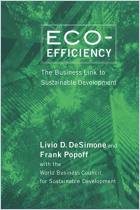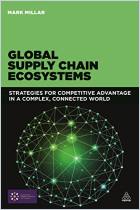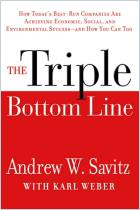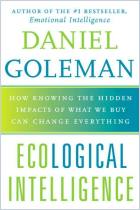
Sustainable Logistics and Supply Chain Management
Principles and Practices for Sustainable Operations and Management
Recommendation
Logistics experts David B. Grant, Alexander Trautrims and Chee Yew Wong examine the sustainability of supply chains. They provide practical grounding and empirical examples of good and bad practices in supply chain management (SCM). The authors put ethics at the heart of their utilitarian case for eco-responsible SCM. They advocate a triple bottom line that respects the profit motive but prioritizes people and the planet. In this “holistic” view, firms that overcome waste discharge and transportation emission problems reap the rewards of an improved brand image and customer loyalty. Supply chain management is no longer peripheral; it is a “strategic function,” particularly in addressing environmental impact. This overview is a timely, cohesive manual on sustainable SCM, despite a regrettable reliance on acronyms. getAbstract recommends this comprehensive, practical guidebook to CEOs, investors, supply chain managers, logistics managers and business leaders seeking profitable lessons in sustainability strategy.
Summary
About the Authors
David B. Grant, of Hull University, writes widely on logistics and transport. Like Alexander Trautrims, of Nottingham University, and Chee Yew Wong, of Leeds University, he teaches logistics or supply chain management at his university’s business school.






















Comment on this summary or Start Discussion